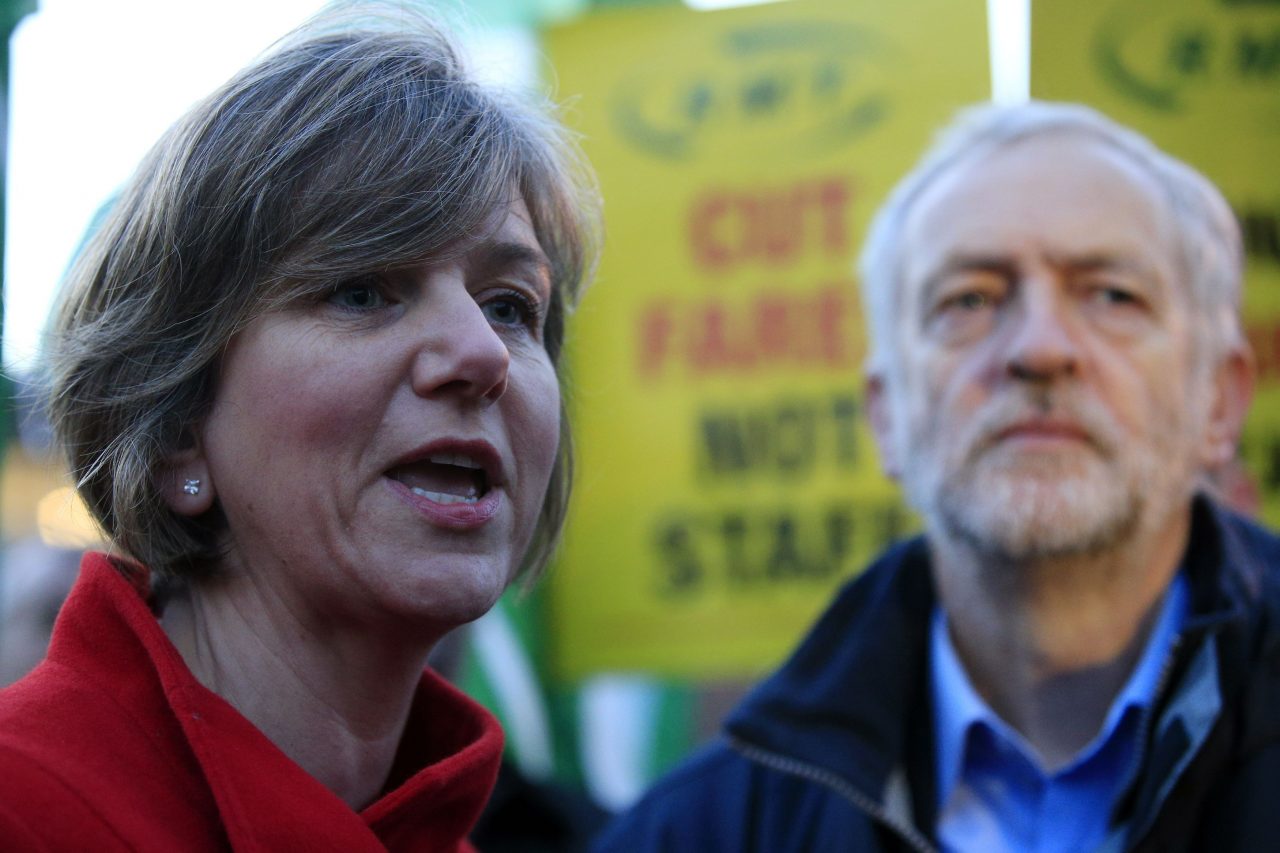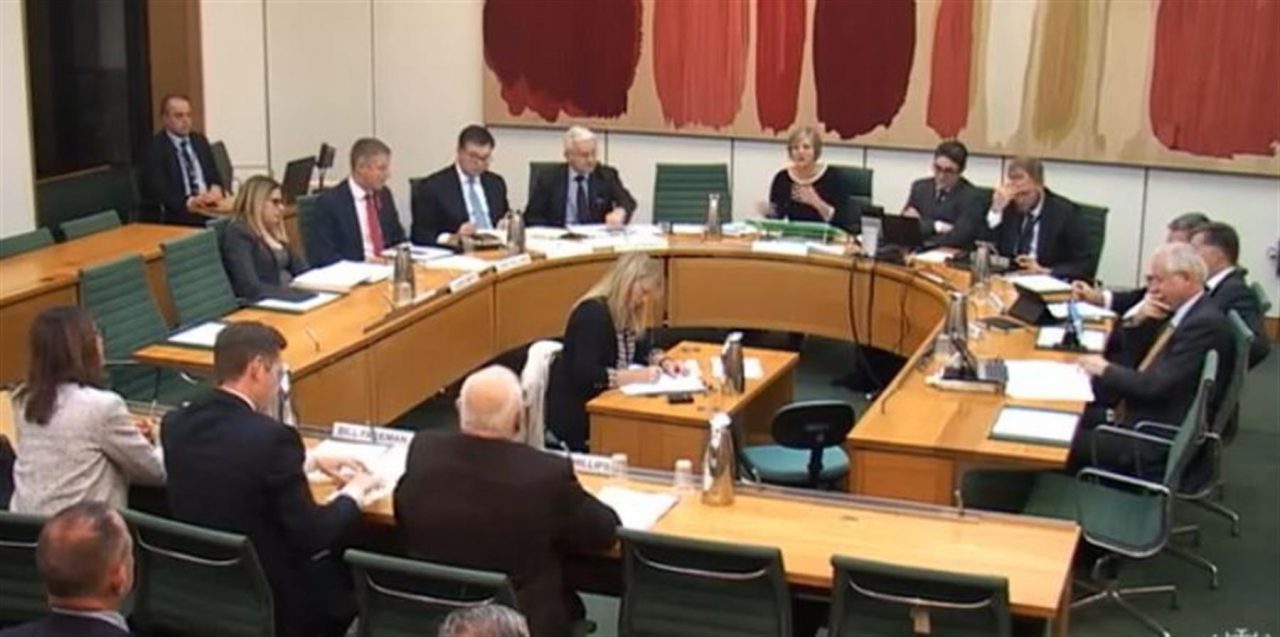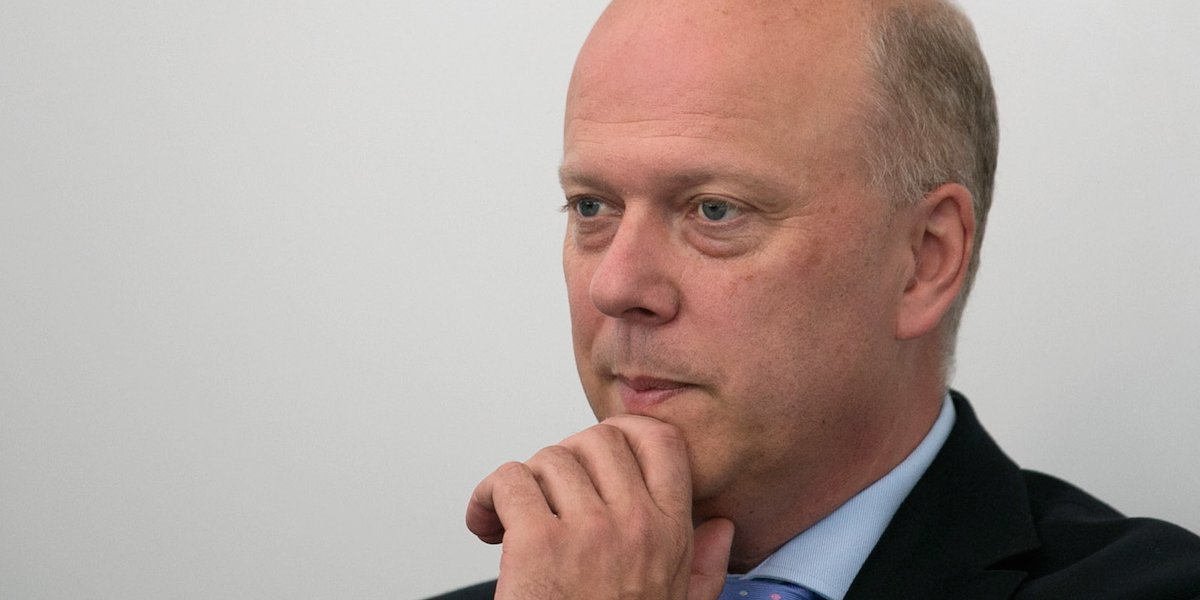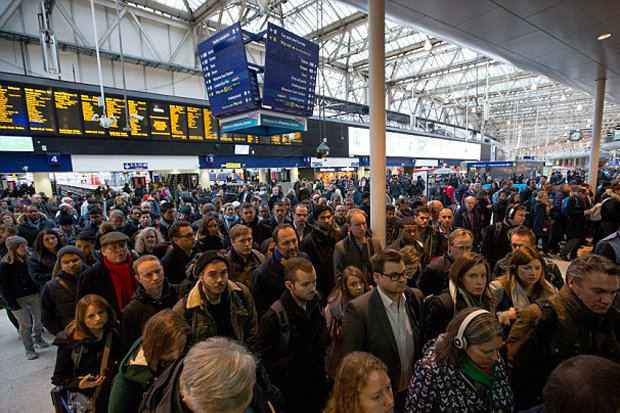The Parliamentary Transport Select Committee says that swift reform is needed to restore passenger trust in railways and this must include effective contingency plans and stringent enforcement for disabled passengers.
Disability Rights UK Ambassador and Rail Sector Champion, Stephen Brookes, who gave evidence to the committee, was in total agreement with their report and endorsed the fact that the current industry decision making process is not fit for purpose.

Lilian Greenwood MP – Chair of the Transport Committee
This is what Ms. Greenwood had to say after listening to the evidence.
“Let’s bring this back to the passenger: those who stood on packed platforms waiting for delayed or cancelled trains; the employees penalised at work; the parents missing precious time with children at the start or end of the day; and the disabled passengers stranded and forgotten in the chaos.
“Our report said the Department for Transport was complacent in its attitudes towards them and still today, the Secretary of State hasn’t got the message. People will be undeniably sceptical that the DfT has chosen today to announce it is forcing GTR to spend £15 million on ‘improvements for passengers.’ This has been tried before and failed.”

“Passengers who’ve suffered the most disruption should not be asked to pay higher fares in January. The penalties on GTR and promise of benefits do not reach passengers directly. And there’s nothing in today’s announcement for rail users in the North. We’ve recommended discount 2019 fares for the worst affected season ticket holders so that passengers are guaranteed a tangible benefit. Ministers need to listen and think again urgently.”

Chris Grayling – Secretary of State for Transport
He made a statement to the House that admitted there was no easy fix. He said, “I would like to be able to tell the House that there is an easy solution or that the Department could simply step in and make the problems passengers are facing go away.
If there was a way to do so, I would do that without the hesitation of a moment. But ultimately this solution can only be delivered by the rail industry. These problems can only be fixed by Network Rail and the train operators methodically working through the timetable and re-planning train paths and driver resourcing to deliver a more reliable service.”

